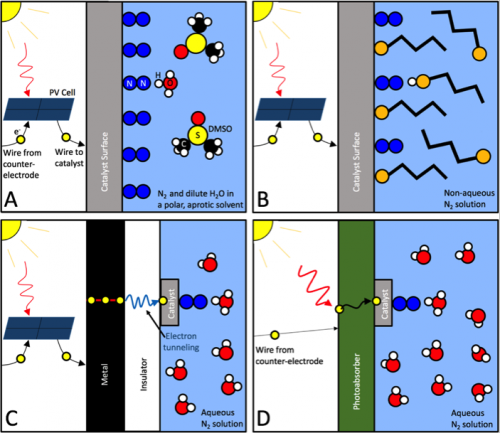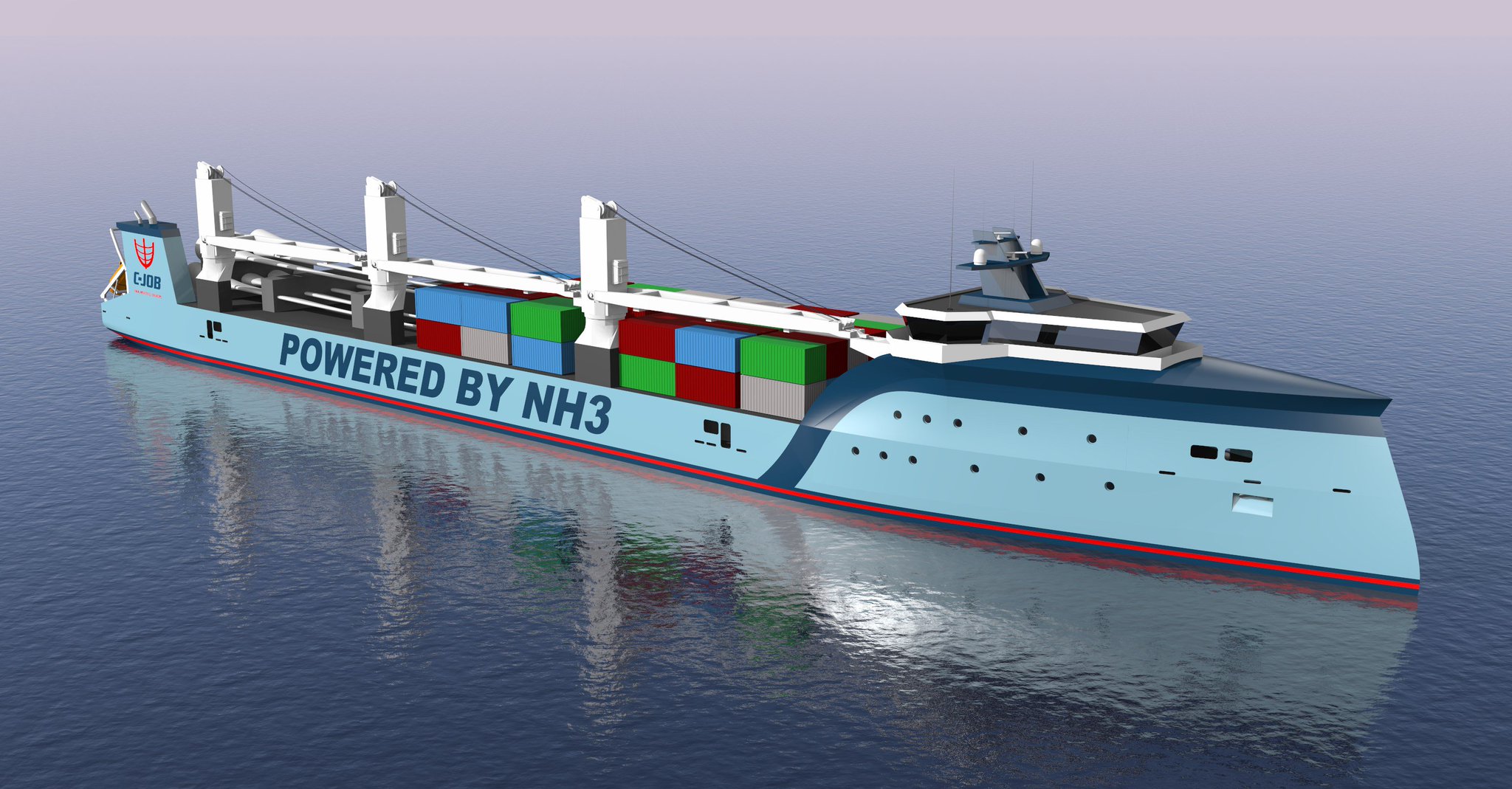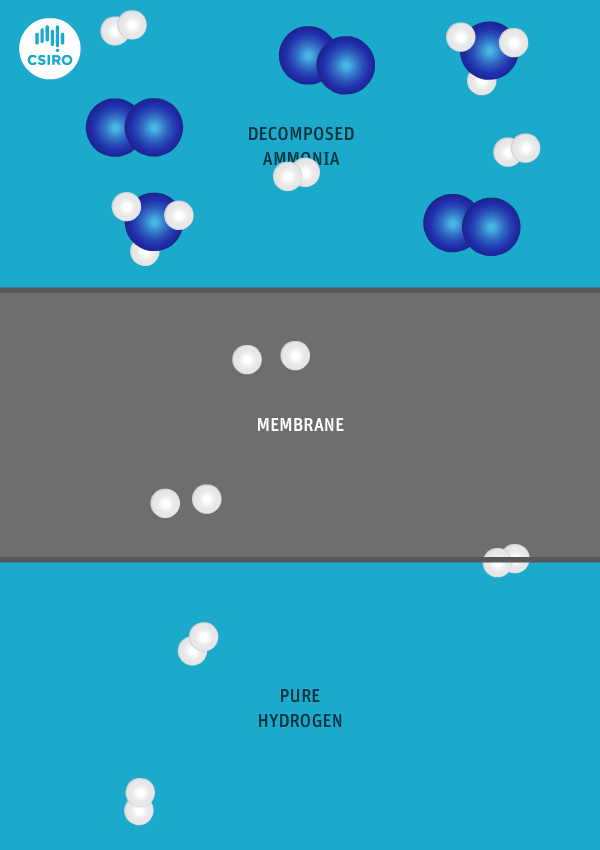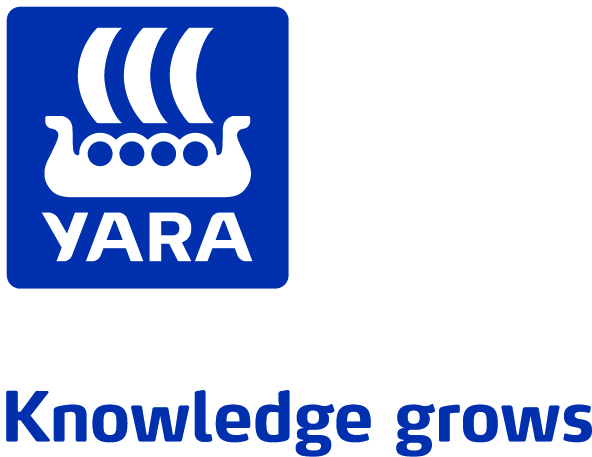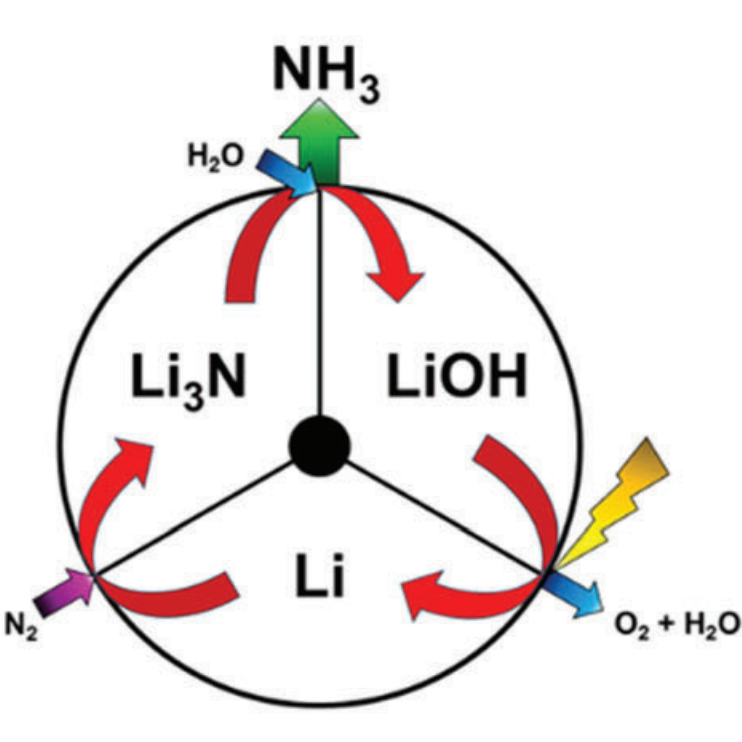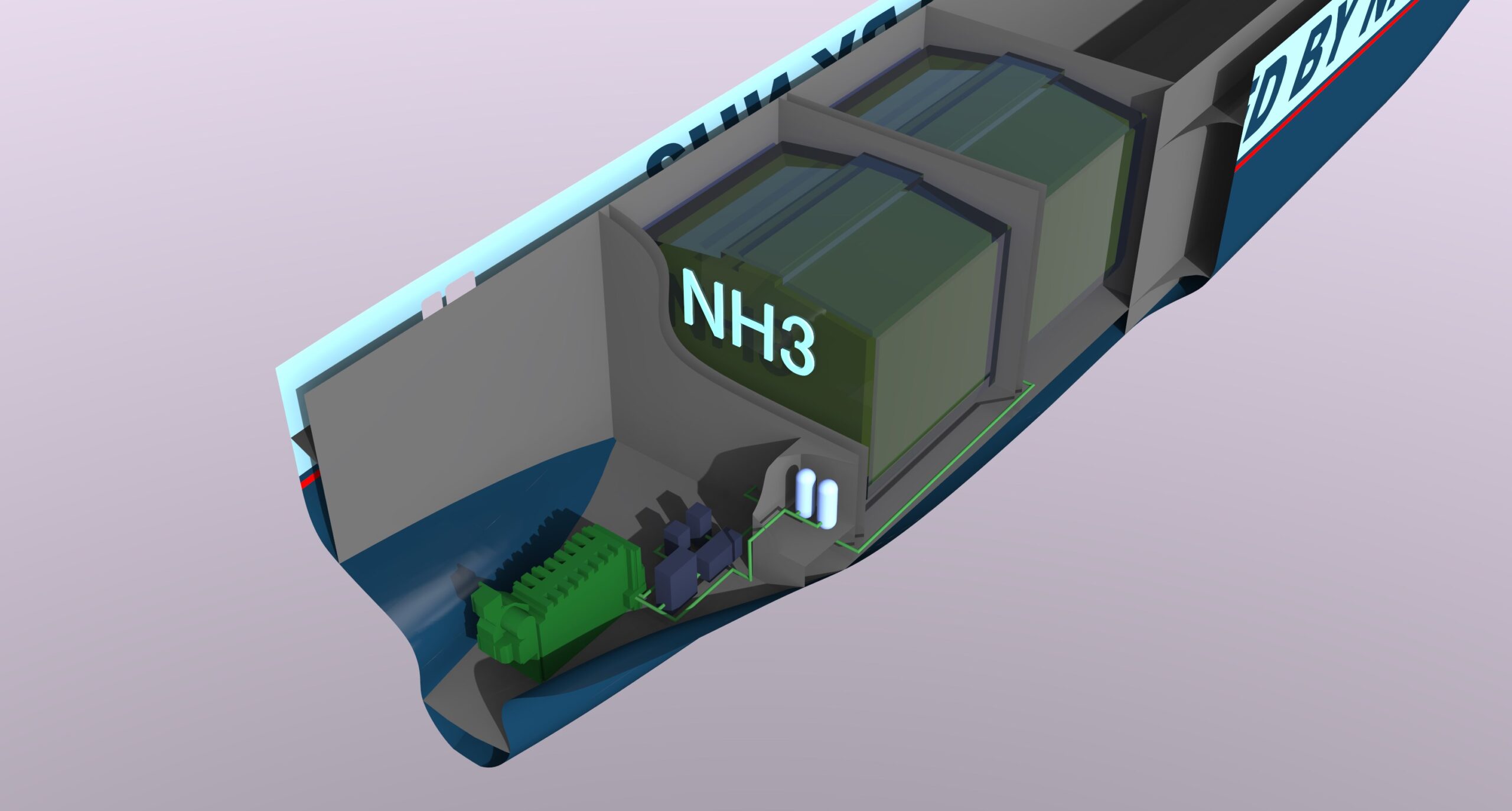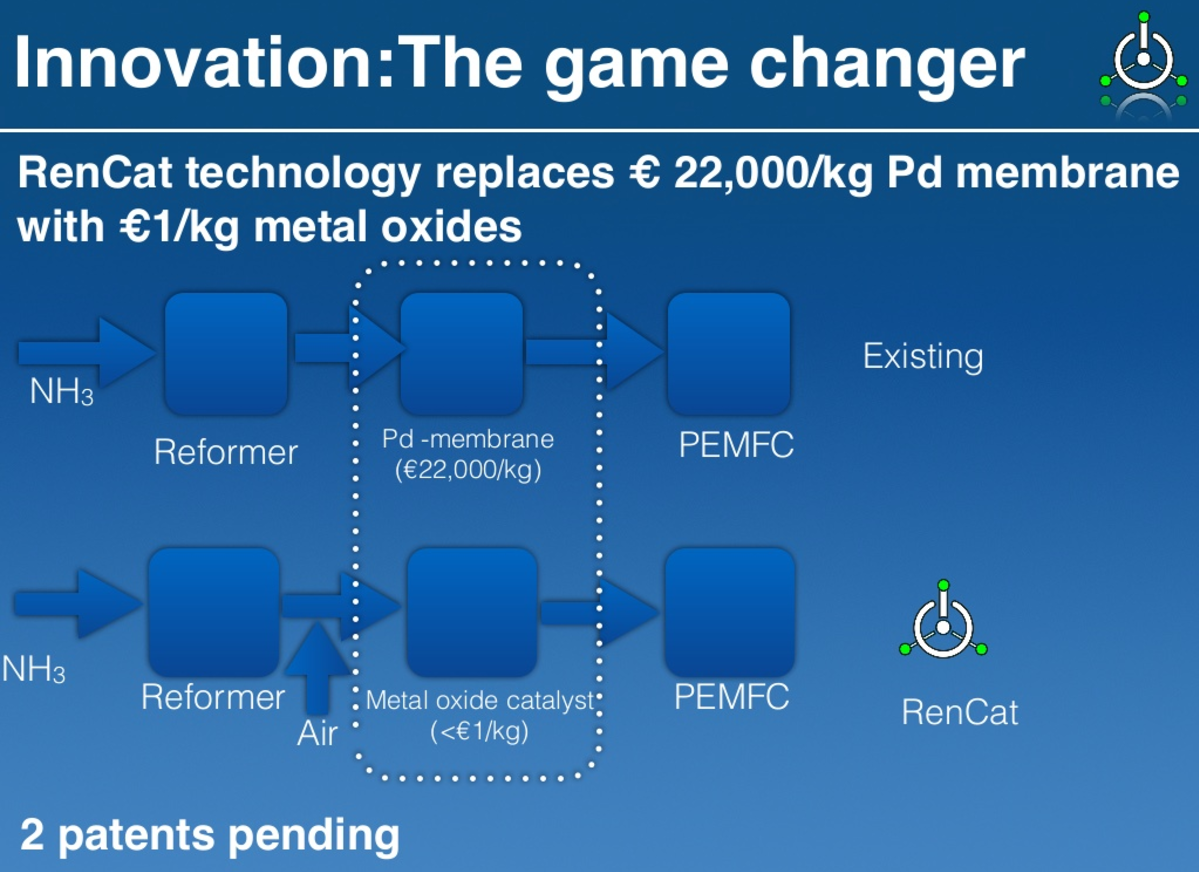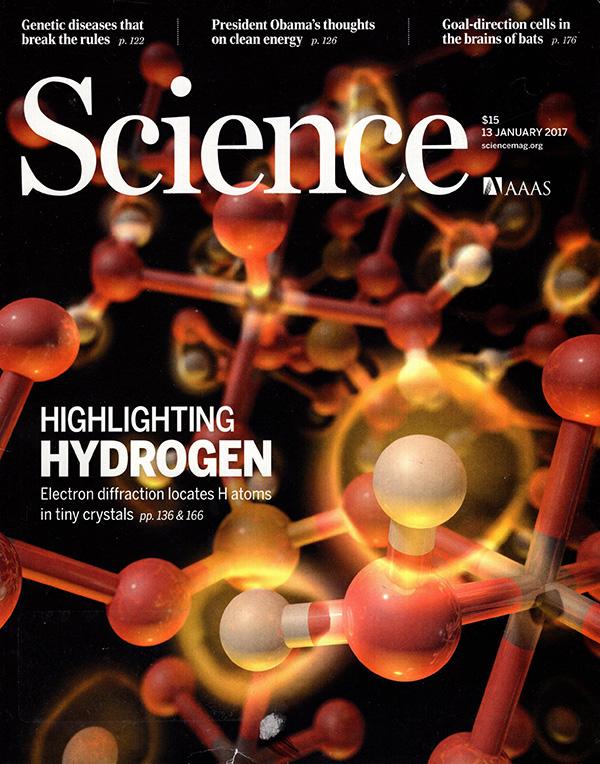Over the last few weeks, I've written extensively about sustainable ammonia synthesis projects funded by the US Department of Energy (DOE). While these projects are important, the US has no monopoly on technology development. Indeed, given the current uncertainty regarding energy policy under the Trump administration, the US may be at risk of stepping away from its assumed role as an industry leader in this area. This article introduces seven international projects, representing research coming out of eight countries spread across four continents. These projects span the breadth of next-generation ammonia synthesis research, from nanotechnology and electrocatalysis to plasmas and ionic liquids.

